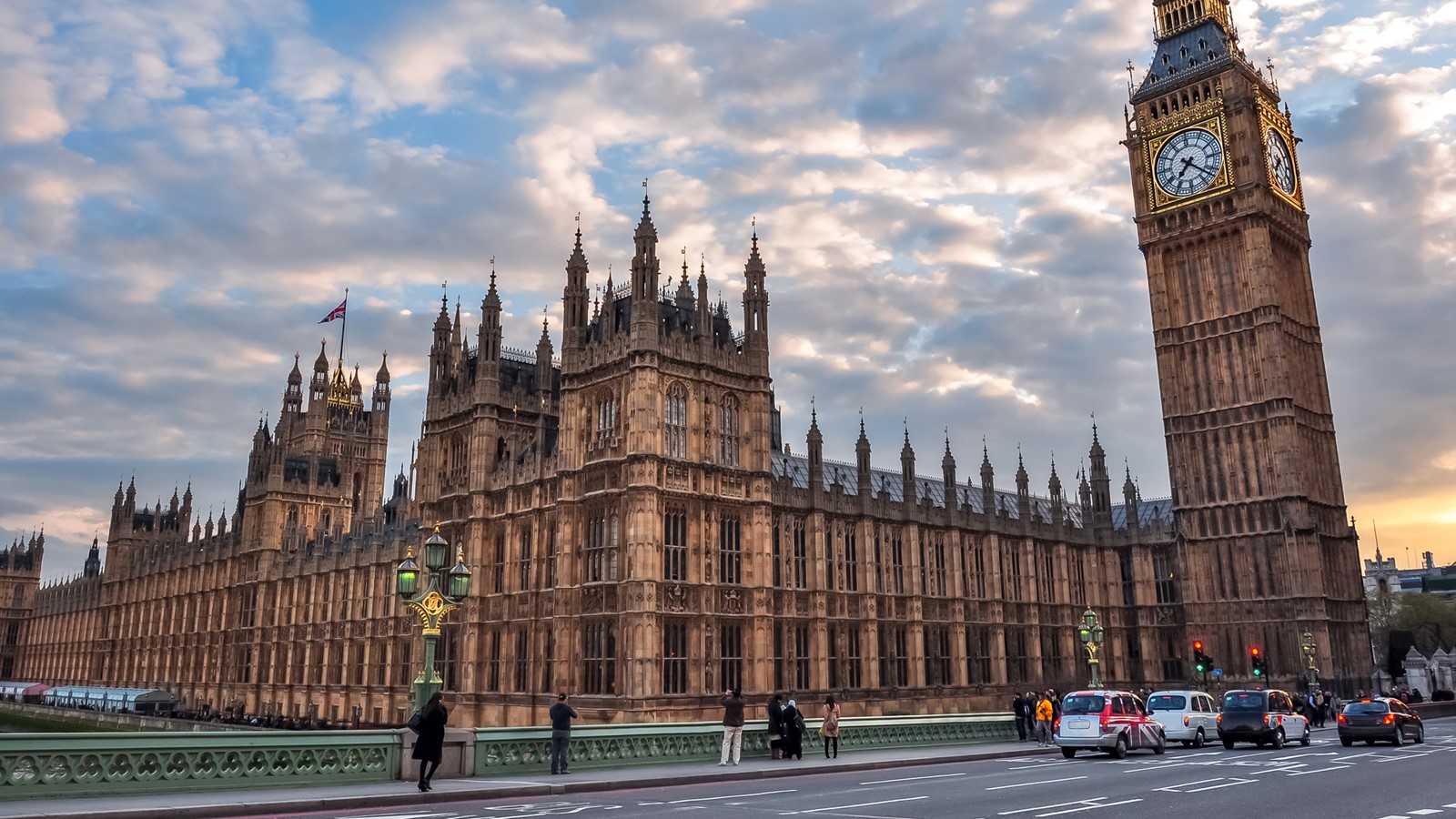Two out of three MPs believe the provision of counselling and psychotherapy services in their constituency is inadequate, new research shows.
Sixty-six per cent of MPs surveyed by the British Association of Counselling and Psychotherapy (BACP) felt that the delivery of counselling in their communities was lacking.
Only four per cent said the therapy provision was fit for purpose, with 20 per cent neither agreeing nor disagreeing and 10 per cent saying they ‘don’t know’.
The poll was carried out by Dods Research on behalf of BACP and the findings are released for Mental Health Awareness Week.
The MPs surveyed agreed there should be access to a range of therapies on the NHS, including counselling and psychotherapy.
The research found that 68 per cent of MPs agree that users of NHS psychological therapy services should have a choice of a range of talking therapies.
Time for action
Matt Smith-Lilley, BACP policy and engagement lead (mental health), said: “It’s encouraging to see MPs recognise some of the same failings in the mental health system that we do – that the mental health services in their constituencies are struggling to keep up with demand, leaving the public unable to access the help they need in a timely fashion.
“We’re also pleased the survey findings support our call for a wider choice of evidence based psychological therapies, including counselling and psychotherapy, to be made available through the NHS.
“However, it’s now time to turn these sentiments into action.
"In January the Government published the Long Term Plan for the NHS outlining their ambitions for the NHS over the next 10 years, with mental health identified as a key priority.
“Now we’re five months on and details are still lacking as to how aims of increasing the availability of and access to mental health services will be achieved, as well as how the much-needed workforce expansion will be delivered.
“We’re continuing to call on the Government to publish more details about how these ambitions will be delivered as well as pressing them to make greater use of the currently undervalued and underutilised counselling and psychotherapy workforce when tackling their workforce challenges.”
'Age is not a barrier'
MPs also agreed that depression should not be considered a normal part of ageing.
A total of 68 per cent of the respondents felt that depression requires the same response and support in later life as at any age, with only two per cent of MPs disagreeing.
Jeremy Bacon, BACP older people lead, said: “Too often, depression and anxiety are considered ‘normal’ aspects of ageing – they are not. It’s critical that age is not a barrier to accessing support and services that will improve wellbeing in later life.
"The numbers of people aged 65 and over accessing Improving Access to Psychological Therapies (IAPT) services in England continues to fall short of NHS England’s target of 12 per cent of all referrals, so it’s vital MPs, commissioners and GPs increase efforts to ensure that choice, access and provision of therapies are made available for older people."
